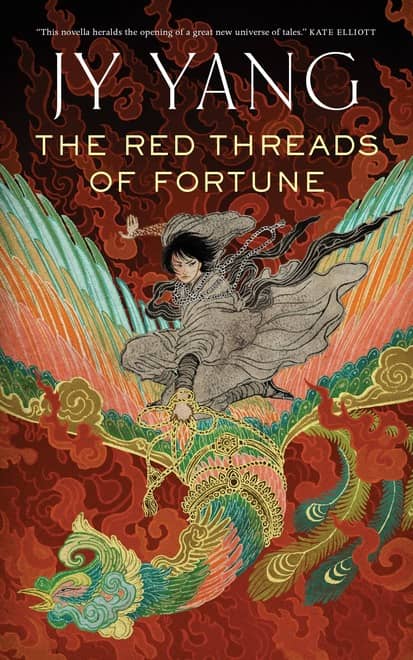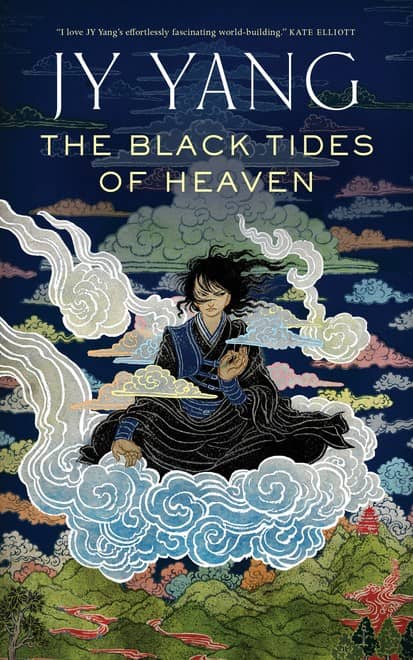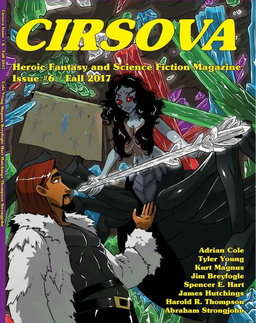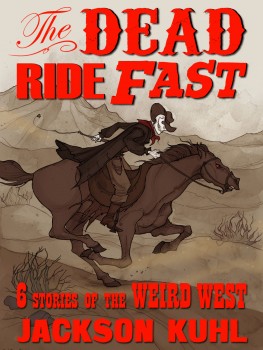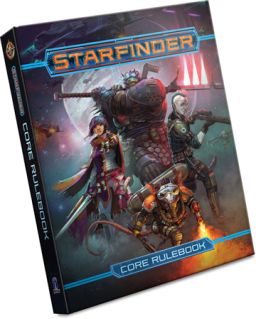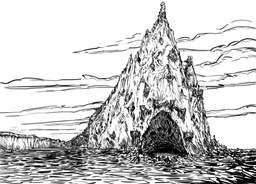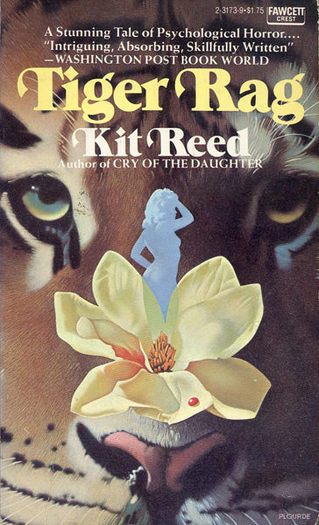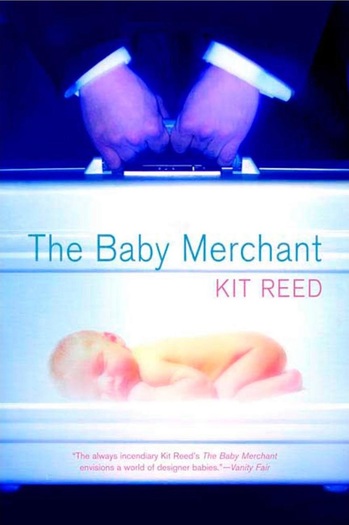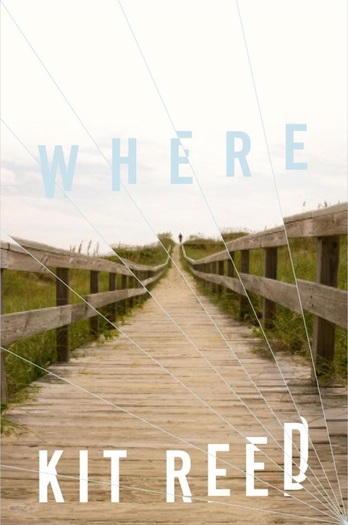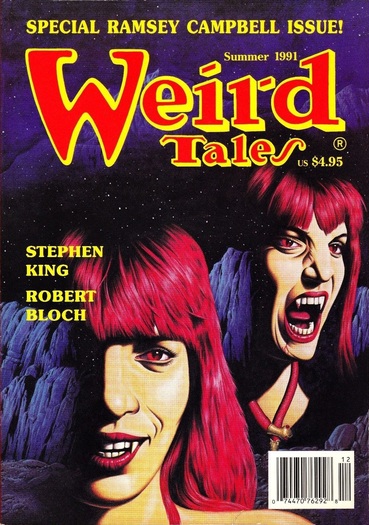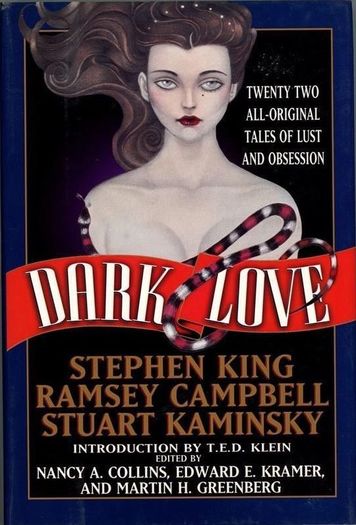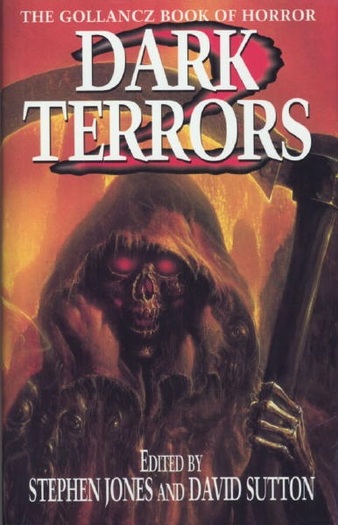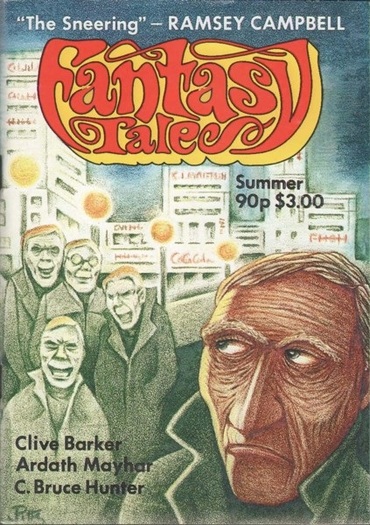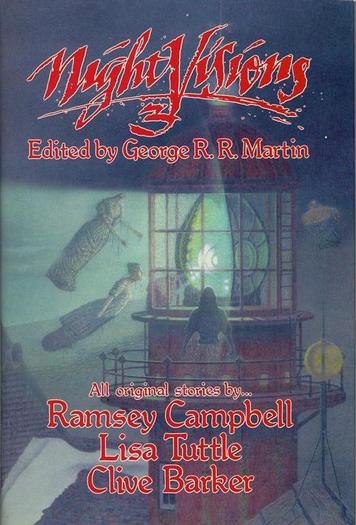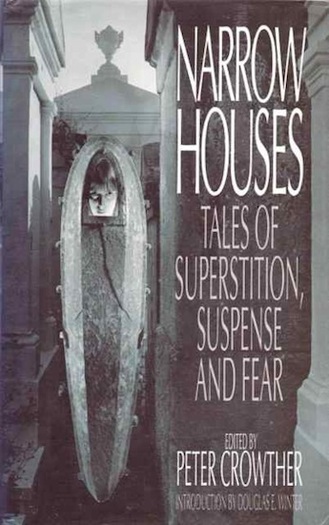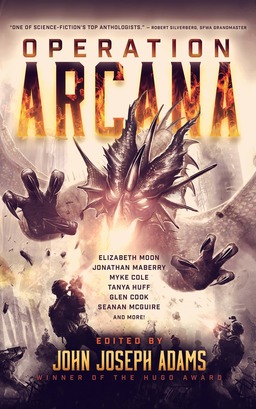Fantasia 2017, Day 11: Finding Forms (The H-Man, Bastard Swordsman, and Gintama)
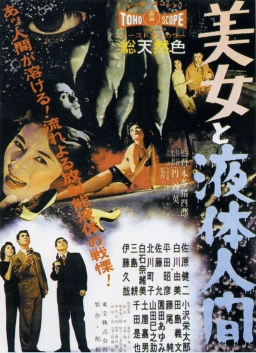 Sunday, July 23, I was down at Fantasia’s De Sève Theatre before noon to see a screening of the 1958 film The H-Man (Bijo To Ekatai-Ningen). I intended to follow that up with another vintage movie, the Shaw Brothers–produced 1983 film Bastard Swordsman (Tian can bian). Finally, I’d wrap up the day with a contemporary movie, the manga adaptation Gintama, which promised a mix of action and comedy. I liked the variety the films seemed to represent, and I was especially curious about The H-Man, which had been directed by Ishiro Honda, director of Godzilla.
Sunday, July 23, I was down at Fantasia’s De Sève Theatre before noon to see a screening of the 1958 film The H-Man (Bijo To Ekatai-Ningen). I intended to follow that up with another vintage movie, the Shaw Brothers–produced 1983 film Bastard Swordsman (Tian can bian). Finally, I’d wrap up the day with a contemporary movie, the manga adaptation Gintama, which promised a mix of action and comedy. I liked the variety the films seemed to represent, and I was especially curious about The H-Man, which had been directed by Ishiro Honda, director of Godzilla.
It was preceded by a talk about Honda’s life given by Ed Godziszewski, who had co-written (with Steve Ryfle) Ishiro Honda: A Life in Film, from Godzilla to Kurosawa. The book comes out on October 3, with a foreword by Honda fan Martin Scorsese. It was clear that Godziszewski knew his stuff, though he had so much material he ran out of time before the film had to start. Nevertheless, what he had to say was fascinating. Without wanting to replicate Honda’s Wikipedia entry (which is relatively sparse, anyway), I want to mention some of the more interesting points Godziszewski raised.
Godziszewski began by recalling how his book came about, with the assistance of Honda’s family, and how he and Ryfle were able to see Honda’s entire body of work, including films never seen outside of Japan and rarely inside. Honda had done a lot of realist movies, especially in the 50s, that had been lost to the public for a long time and were only now beginning to show up again. Godziszewski talked about the experience of seeing 25 films he’d known nothing about, and how they demonstrated that Honda was a versatile, wide-ranging filmmaker.
